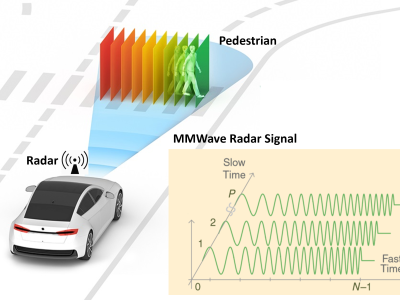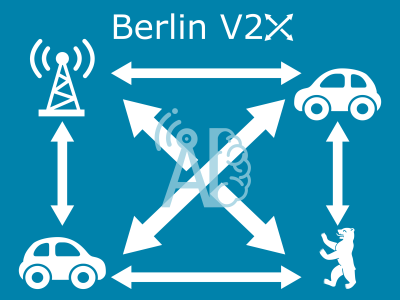An In-depth Analysis of Thermal Management Systems for Wireless Charging in Electric Vehicles

- Citation Author(s):
-
Franck Soleil Mpio Mviri ( Member, IEEE Power Electronics Society (PELS))
- Submitted by:
- Franck Soleil Mpio Mviri
- Last updated:
- DOI:
- 10.21227/9p43-1d30
Abstract
1. Introduction
Wireless charging technology is revolutionizing electric vehicles (EVs) by offering a convenient alternative to traditional charging. This technology enhances user experience and supports the growth of autonomous EV fleets. As electrification of transportation accelerates, effective thermal management becomes crucial to address heat generation during inductive power transfer, ensuring system reliability and longevity.
2. Background and Literature Review
Wireless charging relies on inductive power transfer (IPT) and magnetic resonance coupling (MRC). Recent advancements have improved performance, making thermal management essential for efficiency and reliability. Studies have shown that energy losses during charging generate heat, necessitating effective dissipation methods.
3. Thermal Management Challenges
Heat generation from inductive power transfer reduces efficiency and can degrade components over time. High temperatures pose safety risks, including thermal runaway and damage to EV batteries, highlighting the need for robust thermal management solutions.
4. Thermal Management Solutions
Active cooling techniques, such as liquid cooling, and passive methods, like heat sinks, are crucial for heat dissipation. Phase change materials (PCMs) offer effective thermal regulation without needing external energy. Case studies demonstrate successful implementations of these technologies.
5. Comparative Analysis of Thermal Management Systems
Comparative studies have highlighted the efficiency and cost trade-offs between different cooling methods, such as liquid cooling versus PCMs.
6. Future Trends and Research Directions
Emerging technologies, including nanomaterials and AI-driven thermal control, promise advancements in thermal management. Further research is needed to enhance scalability and integration with existing EV infrastructure.
7. Conclusion
This analysis underscores the significance of effective thermal management in wireless charging systems for EVs. As the technology evolves, continued innovation in thermal solutions will be vital for its broader adoption and the future of electric mobility.
 148 views
148 views








